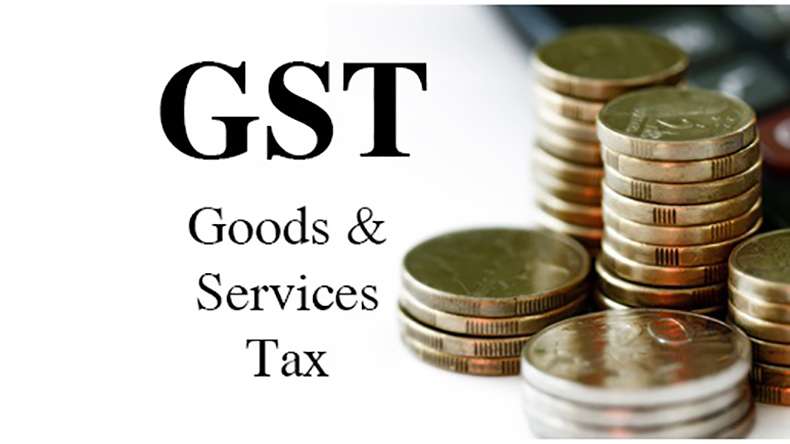Corporate fixed deposits offer higher interest rates than banks. Is it safe and smart to invest in them?
When you decide to invest in Fixed Deposit (FD), the first thing that would probably come up would be whether to invest in Bank FD or to invest in a company or Corporate FD. Earlier bank FDs were considered to be the only reliable platform to open an FD. This was because many Non-Banking Financial Companies (NBFCs) had defaulted in re-paying the deposited amount leading to building lack of trust in the customers. However, with the emergence of credit rating companies like CIBIL (Credit Information Bureau India Limited), CRISIL (Credit Rating Information Services of India Limited), ICRA (Investment Information and Credit Rating Agency of India), CARE (Credit Analysis and Research), ONICRA (Onida Individual Credit Rating Agency), SMERA (SME Rating Agency), ECIS (Equifax Credit Information Services), you can determine the credibility of the financial provider on the basis of its credit rating. Credit rating companies analyze the company’s’ ability to operate efficiently as well as its ability to return the deposited funds. The higher the rating, higher will be the safety and efficiency of the provider.
Things to Consider While Investing in Corporate FD
-
Go for a financial company where the balance sheets show at least 3 years subsequent profits.
-
Make sure that the financial provider you choose has at least 5 years of experience.
-
You need to check whether the Fixed Deposit interest rates provided by the company is higher than that provided by the banks. You can check and compare the interest rates online.
-
You must make sure that the credit rating of the company is high. Credit ratings are given in the format of A, AA, AAA, and such. The companies which have at least AA credit rating must be considered. However, AAA credit rating is the highest rating that shows the highest credibility of the company.
- Lastly, you need to check the tax deducted on the investments made in the company and compare the same with the ones applied in banks.
Is it a Smart Choice to Invest in Corporate Fixed Deposits?
Fixed Deposits offer a guaranteed return of the deposited amount as well as a high interest rate as compared to traditional banks. Unlike bank fixed deposit, Corporate FD allows you to choose the type of FD, i.e., Cumulative FD and Non-Cumulative FD. With a cumulative FD, the interest payout is done at the time of policy maturity or on an annual basis. With a non-cumulative FD, you can choose the frequency of interest payout from monthly, quarterly, bi-annually, or annually. Senior citizens benefit from investing in corporate FD because of the flexibility in choosing the interest payout.
Moreover, NBFCs like Bajaj Finance offers a 0.35% increased FD interest rates for senior citizens. Following are a few benefits of staying invested in FD with Bajaj Finance:
- Guaranteed investment returns without the influence of fluctuations in the market rates.
- Minimum deposit as low as Rs. 25000 is required as the initial deposit to open an account under this scheme.
- Option to choose between cumulative and non-cumulative FD.
- Flexibility in selecting the tenor from 12 months to 60 months.
- Availability to take a loan against FD wherein you can use up to 90% of the accrued funds.
- 24/7 assistance available.
- Quick online application procedure with minimal documentation.
- Online management of FD account without any hassle.
- Easy accessibility through 200+ branches spread across 200 cities in India.
- High stability with CRISIL’s FAAA (stable) and ICRA’s MAAA (stable) credit rating.
- A special tenor is provided under this scheme for a period of 15 months. The Return on Investment (ROI) is provided at a rate of 0.25% more as compared to 12 month tenor.
- The scheme supports payment through electronic (Real Time Gross Settlement [RTGS]) and physical (Payment by cheque) methods.
- This scheme provides a follow up feature in the form of e-mail and SMS communication. This feature is provided from the date of request to the date of maturity of the respective scheme.
- Under this policy, the account holder gets more Return on Investment (ROI) on renewals. They get 0.25% or more interest as compared to the last policy under the scheme.





